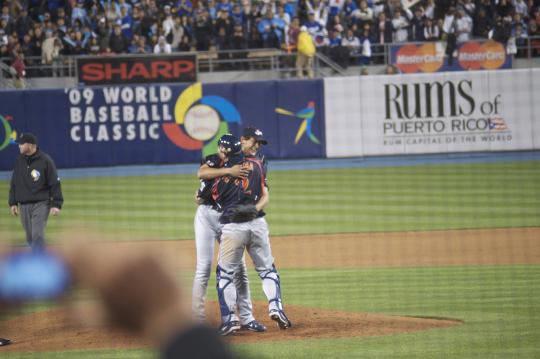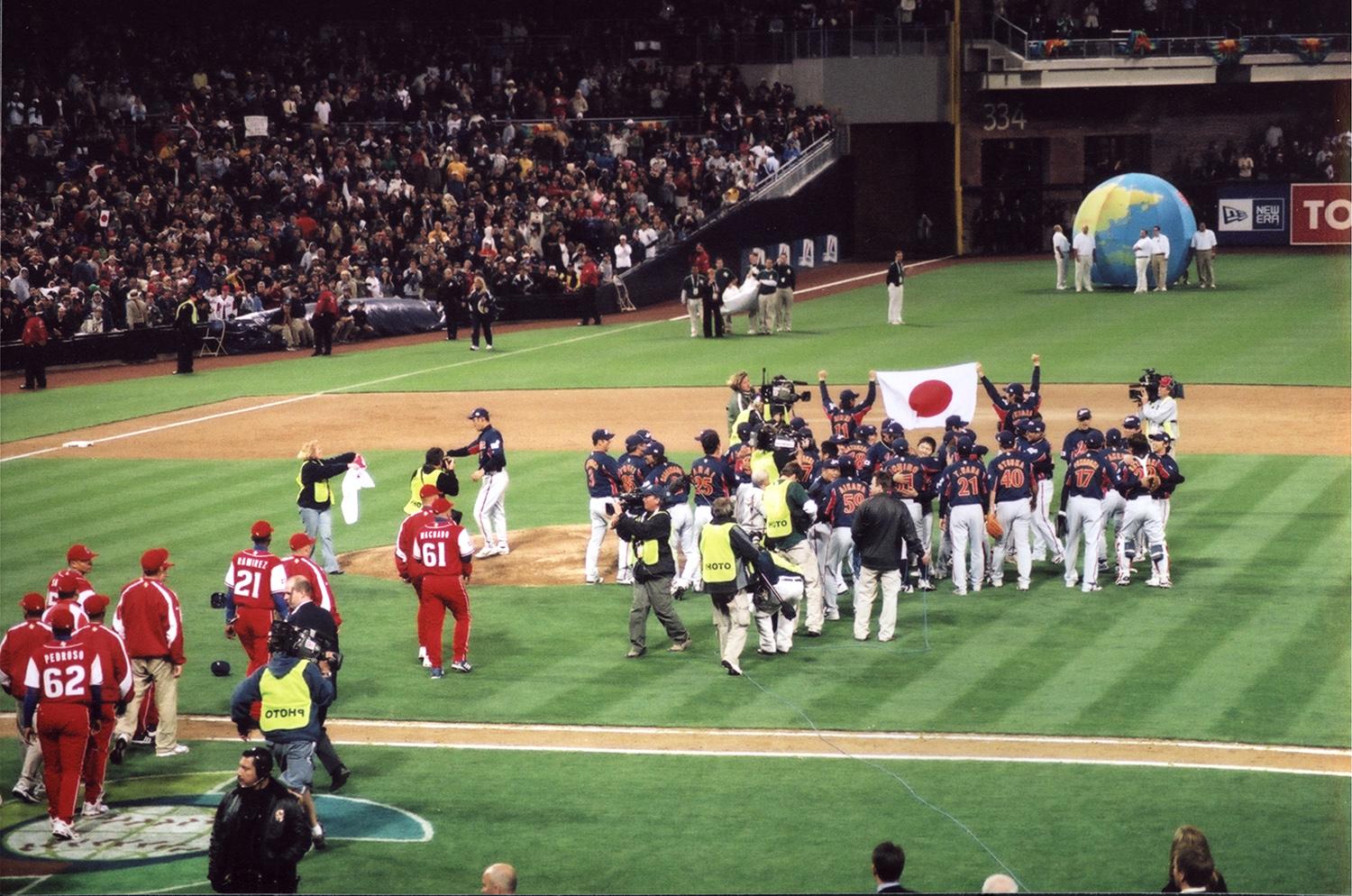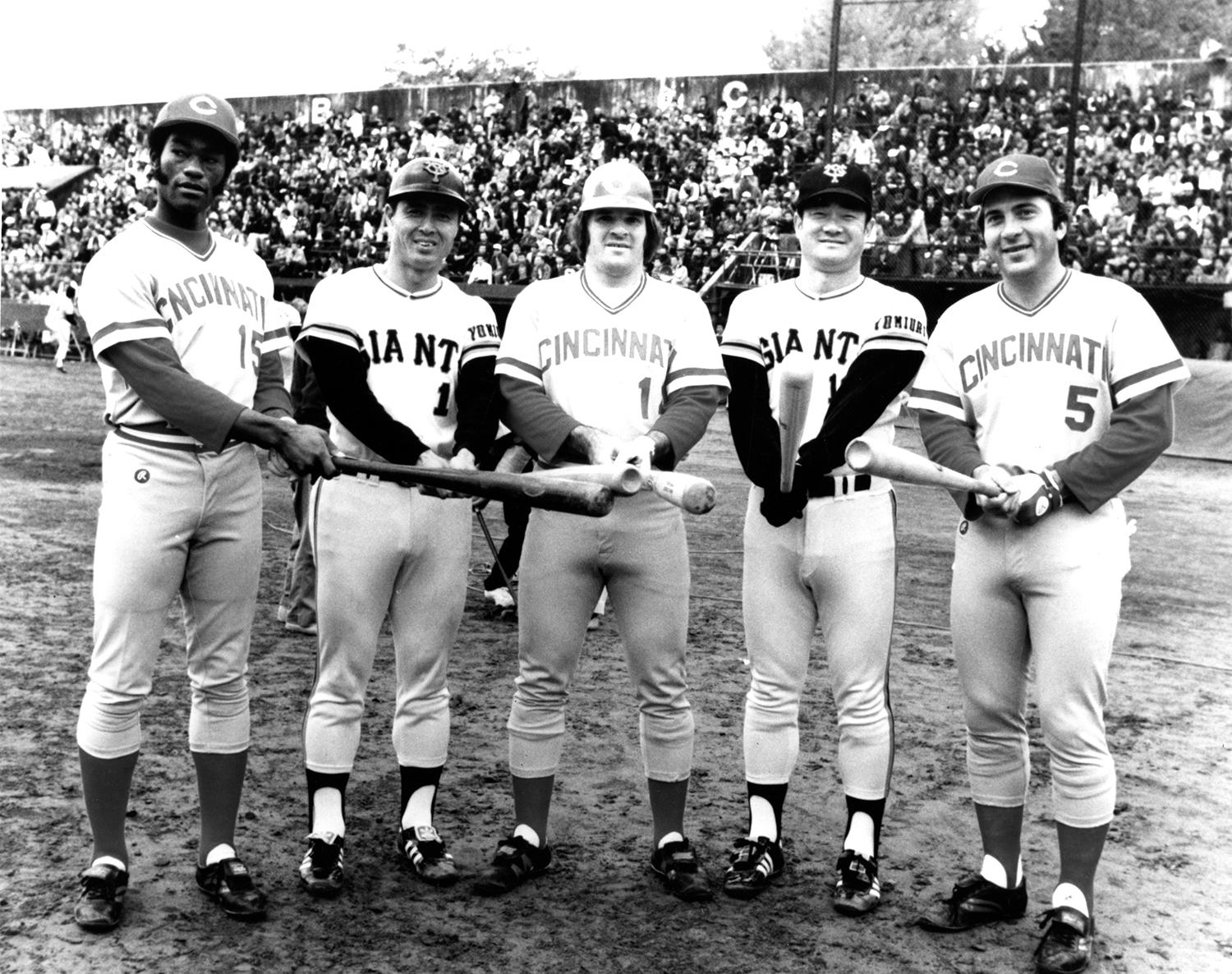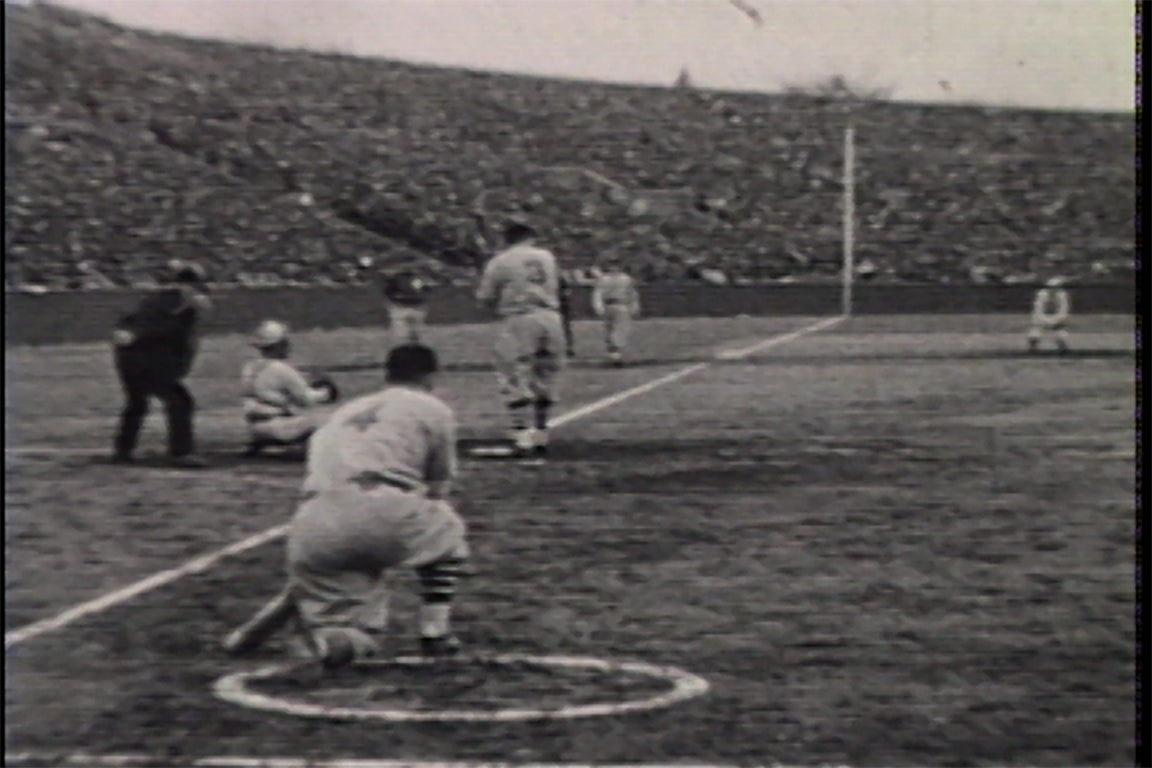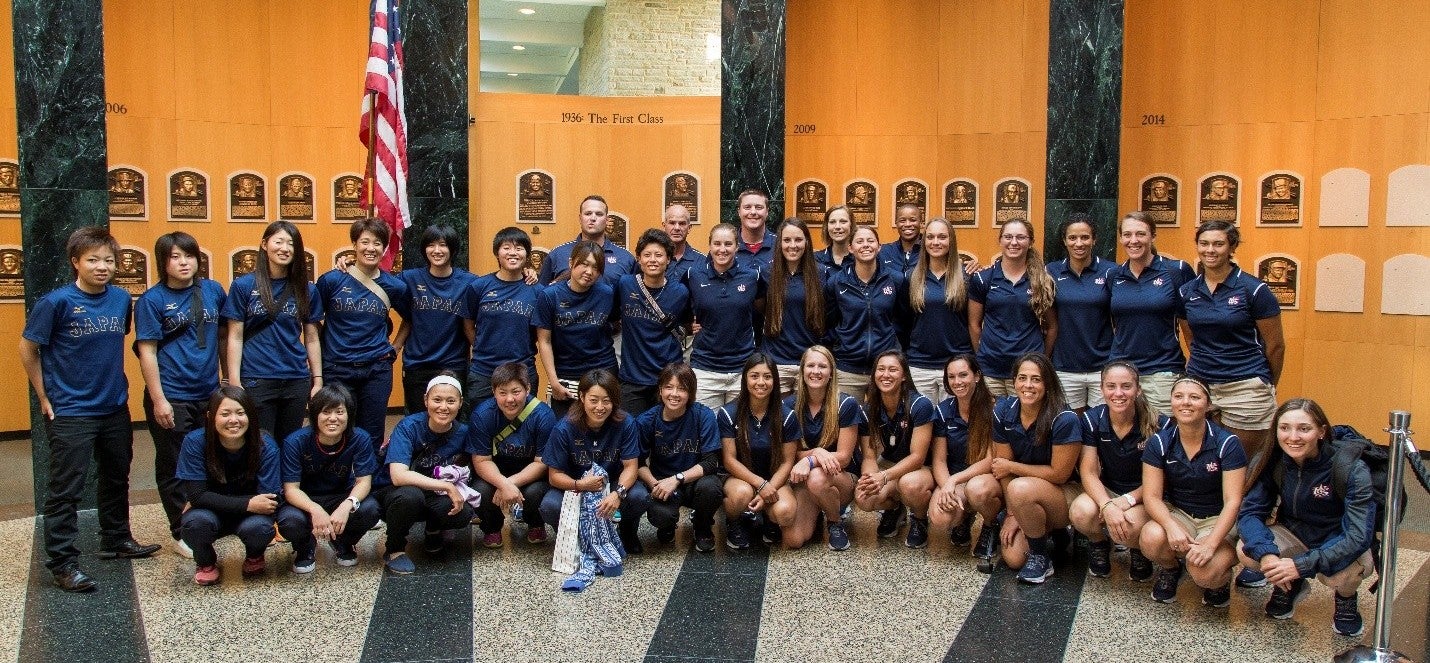Battery powers anime story
Koshien Stadium, or Koshien for short, is the field on which the National High School Baseball Championships takes place. Sometimes the entire tournament is called simply, Koshien. This event was first started in 1915 and has been nationally televised since the 1950s. Koshien and the tournament played there are known by most, if not all, Japanese citizens. The tournament once had an impressive 48 percent television viewership nationally.
The only real North American stadium that all fans dream of someday playing on and holding a similar place universally amongst fans might be Cooperstown’s Doubleday Field. However, even with the mythic importance blessed to Doubleday Field, it is probably not a valid comparison to what Koshien holds in the Japanese baseball player’s mind. For many, Koshien is their only sport related childhood dream. When playing situational make believe, Japanese children are not in the bottom of the ninth in the World Series, but the bottom of the ninth in Koshien with a chance to walk off with a win.
In the Battery storyline, Takumi is a stubborn pre-teen who is often viewed as disrespectful to his elders. Many suggest this is because Takumi’s fastball has made him overly confident in his abilities. This disrespect is noticed quickly by his new school baseball coach. The coach, upon reviewing Takumi’s application to play baseball, sees the name of the boy’s grandfather, Yozo Ioka. Ioka was not only Takumi’s grandfather, but also coached Takumi’s new coach.
Takumi quickly becomes friends with the son of his mother’s childhood friend, a 13-year-old boy named Go. Go and Takumi are the perfect match – a battery. Takumi, a lighting fast pitcher, and Go was able to catch his pitches in only four tries. This was far faster than any other catcher had learned to catch him previously. This allows the pitcher and catcher to quickly bond and trust each other.
The term battery is one not used much anymore in American baseball. However, the term is still used readily in Japan. In Battery it is referred to several times as the most important part of the team. This idea that the relationship between pitcher and catcher can changed the dynamic of a team is one that was new to me. This though may have once been shared in the U.S., but it seems to have lost its importance in U.S. baseball.
Pitcher Takumi and catcher Go are freshmen on the team, but are very confident. This drives a wedge between the cocky freshmen and the senior captains and starters. Tensions continue to mount until a player is beaten by his teammates and the school is informed. As a result of the violence within the team. The Nitta School suspends the baseball team for the year. The seniors were forced to sit out their final chance to compete in the prefecture tournament.
While telling of the team’s punishment the school principal says something interesting. After the coach pleads to allow the seniors to play in the Summer tournaments (district, prefecture, and possibly Koshien), the coach is told, “Baseball does not belong to you”. This is an interesting theme that runs throughout the story. Who decides if someone can play baseball? It could be a school, or a parent, it must at least be an individual. However, this central is question is asked numerous times in differed forms. For instance, with the Nitta team unable to play, the school doesn’t allow the boys to play. Nevertheless, they can play without the school’s authority on their own. The catcher in the battery, Go, promised his mother he would stop playing baseball in middle school so that he can focus on his academics and get into a premier high school. His mother pushes for him to keep his promise, but can she force her son to stop playing? Finally, Takumi states that he does not enjoy playing baseball, but it is all he can do. If not even the player can control if he plays or not, who does? This is an interesting theme that non-baseball and baseball fans alike can ponder as the story and situations change.
As if the world of teens playing baseball, getting into arguments and fights, and attempting to find the right balance between challenging and accepting authority isn’t enough, Battery adds another sub plot. Seiha, the younger brother of Takumi, wishes to be like his big brother and play baseball. However, due to health concerns, the Harada parents do not allow their youngest son to play baseball. Takumi, while known for challenging authority, seems to follow his parents’ advice closely on allowing Seiha to play baseball. However, the more conforming Go is the antagonist who encourages Seiha to play. Go’s encouragement for Seiha to play, eventually lands Seiha in the hospital. Takumi must choose between seeing his little brother on his death bed or honoring his brother’s wishes for him to pitch. While the Battery television show and movie can be found with English subtitles, I was not able to find a translated version of the novels. Anyone who would like to learn more about Japanese baseball culture, should certainly look into the Battery works. After all, with a larger number of Japanese players in the MLB, you never know when a Battery reference may popup.
Nate Tweedie is the manager of on-site learning at the National Baseball Hall of Fame and Museum

